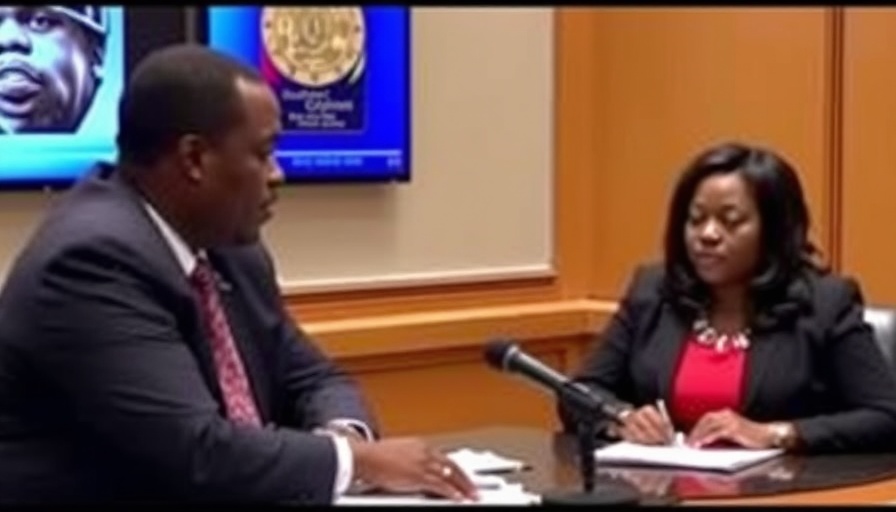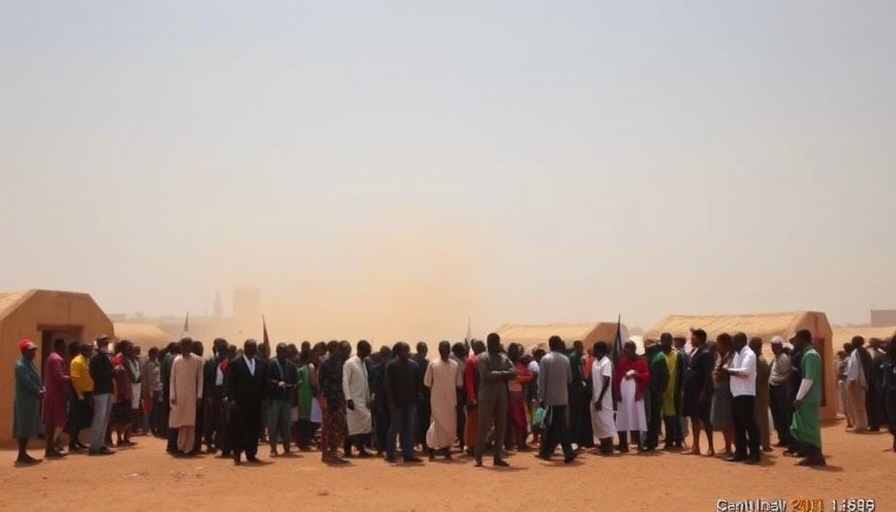
Understanding the Impact of Lissu's Treason Trial on African Politics
The treason trial of Tundu Lissu, a prominent Tanzanian opposition leader, is drawing significant attention not only within Tanzania but across Africa due to its implications for democracy and governance in the region. As the prosecution pushes for a ban on livestreaming the proceedings, the case has elicited strong reactions about transparency and international norms in judicial proceedings.
The Push for Livestreaming Ban
In a remarkable move, the Tanzanian prosecution has requested a ban on the livestreaming of Lissu's trial, arguing that it could compromise fair trial rights and the integrity of judicial processes. This request raises concerns among human rights advocates and transparency advocates who view such an action as a regression in democratic freedoms, particularly in a nation where media and dissent have already faced significant challenges under recent administrations.
The Broader Implications for African Governance
Lissu’s case is emblematic of a broader trend observed throughout Africa, where political dissent and an independent media are increasingly under threat. The potential restriction on livestreaming reflects ongoing tensions between governmental authority and civil liberties that shape the current political landscape. This has critical implications for governance, foreign investment, and the overall political climate, particularly amid Africa's shifting economic dynamics and global positioning.
Potential Consequences for Investors and Policymakers
For business leaders and investors looking to engage with Tanzania or the wider African market, understanding the outcomes of such high-profile trials is crucial. The restrictions on media can often signal deeper systemic issues, potentially influencing international relations and investment opportunities. Policymakers and think tanks must monitor these developments to address ramifications in diplomatic relations, economic stability, and governance policies throughout the continent.
Lissu’s trial and the surrounding debate on livestreaming underscore the urgent discourse about freedom of speech, independent press, and public accountability in Africa. Stakeholders, from local citizens to international investors, must remain engaged in these discussions to navigate the complexities of Africa's evolving political landscape.
As the case unfolds, it is imperative for observers to assess both the legal and political ramifications this trial will have on Tanzania and its democratic trajectory, while remaining attentive to its implications on Africa’s broader geopolitical scenarios.
 Add Row
Add Row  Add
Add 


Write A Comment